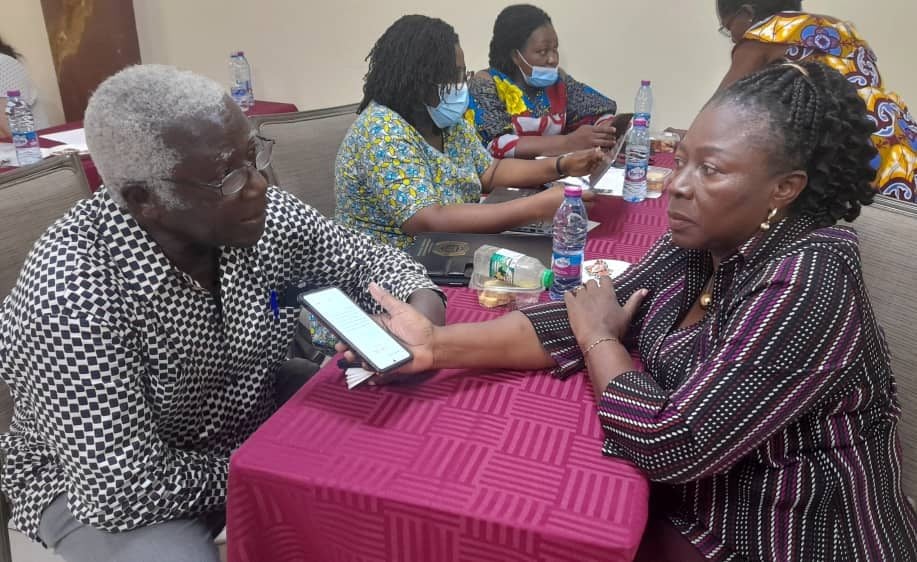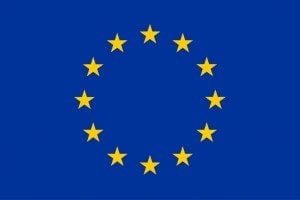
Engaging media and minorities to act for peacebuilding (EMMAP)
Duration: 1 March 2022 – 28 February 2024
Countries: Ghana, Senegal, Sierra Leone
What is this programme about?
This programme seeks to raise awareness of the connections between minority or indigenous issues and conflict in Ghana, Senegal and Sierra Leone. It also aims to improve media coverage of conflict dynamics by strengthening the capacity of journalists and journalism students to report sensitively about conflict and contribute to mediation, dialogue, and reconciliation through non-formal education opportunities.
We aim to:
- Strengthen the capacity of journalists and journalism students from the focus countries, to sensitively investigate and report on minority and migration issues that concern conflict and peacebuilding.
- Increase the use of counternarratives and positive campaigns by journalism and civil society actors, to tackle hate speech, incitements to violence and disinformation.
- Create a peacebuilding journalism network that will heighten regional engagement amongst journalism and civil society actors to exchange reporting and counternarrative good practices.
- Increase reporting of conflict issues that address the minority or migration angle in West African media, especially in the target countries, in order to support peacebuilding in the region.
Why are we delivering this project?
The world’s longest-running conflicts are fuelled and fought over ethnic, linguistic, religious, and cultural issues. All concern minority groups. A disregard for minority issues lies at the heart of these conflicts, yet despite this, minority rights have been marginalized in the arena of international conflict prevention. Understanding minority rights is essential for anyone dealing with conflict prevention and resolution. Therefore, raising awareness about the roots of conflicts, their consequences, the situation of minority groups, migrants and internally displaced people (IDPs), is a key element of peace building.
Our consultations have identified a low capacity of the media in the three target countries to report sensitively on development issues, development aid and conflicts.
According to the 2020 Global Peace Index, of 163 countries, the target countries of this project ranked low: 43rd (Ghana), 46th (Sierra Leone) and 47th (Senegal). In all three countries, disputes over election results and demands for political change have led to civil unrest and political instability, with violent protests breaking out.
In Ghana and Senegal, coverage of conflicts can be problematic compared to coverage of other social issues. Conflict reportage occurs reactively and often lacks careful assessment or thorough investigation. Often, the hostility and violence against minorities that leads to conflict fuels or is fuelled by unethical reporting and unprofessional media coverage. This is the case, particularly during elections when social issues become divisive.
In Sierra Leone, media houses and practitioners regularly face at least one of the following violations: intimidation, harassment, humiliation, arrest, detention, and physical attacks.
Overall, regarding covering minorities, the media in Ghana, Senegal and Sierra Leone faces several major issues. These include, for example, a lack of: understanding about minority issues and their connections with conflicts, representation of minorities in the workforce, professional development opportunities, knowledge on how to report effectively without costly equipment, and knowledge of ethical standards in journalism – to name a few.
What are we doing?
Some of our key activities throughout the programme include:
- Running three online courses and face-to-face pieces of training: (1) for journalists and journalism students on reporting sensitively on minority and indigenous issues, development and conflict, (2) for minority activists on how to effectively tell their story, conduct advocacy campaigns and engage the press, and (3) for journalists and journalism students to practically implement what they learned through fieldwork.
- Holding national-level retreats for minority activists to deepen their knowledge of the media through role-play exercises and experience-sharing.
- Awarding stipends to online trainees, journalists and activists, for their investigative reporting projects developed during the programme.
- Holding regional high-profile roundtables on inclusive journalism for senior media professionals and editors.
- Presenting annual awards for outstanding inclusive journalism on conflict, development, and minority and indigenous issues in each country.
- Holding a meeting between journalists and activists to exchange good practices of reporting and building counter-narratives.
- Establishing a steering committee to provide professional oversight on the quality of media products, and to mentor journalists and civil society actors. The committee will be composed of those with experience and expertise in the West African media landscape.
Who are our partners?
- Media Platform on Environment and Climate Change (MPEC/Ghana) a CSO working on building the capacity of journalists to report on environmental issues and establishing debate platforms, aiming to work closely with governmental institutions, CSOs and local communities affected by climate change.
- Networks for Social Justice (FAHAMU/Senegal) is a pan-African organization established in 1997 to strengthen, nurture and work with movements for social justice in Africa.
- Media Reform Coordination Group (MRCG/Sierra Leone) is the leading Media Development Agency in Sierra Leone established to strengthen democratic dialogue, consolidate peace and ensure development through professional, independent and sustainable media, based on the right to freedom of expression and speech.
Who is funding this programme?
This programme is funded by the European Union.
 Mary Ama Kudom-Agyemang (right), Executive Director of Media Platform on Environment and Climate Change (MPEC) in Ghana, interviews Prof. Alfred Oteng Yeboah on biodiversity data for decision-making. Image courtesy of MPEC.
Mary Ama Kudom-Agyemang (right), Executive Director of Media Platform on Environment and Climate Change (MPEC) in Ghana, interviews Prof. Alfred Oteng Yeboah on biodiversity data for decision-making. Image courtesy of MPEC.
 This content represents the views of Minority Rights Group only and is its sole responsibility. The European Union does not accept any responsibility for the use that may be made of the information it contains.
This content represents the views of Minority Rights Group only and is its sole responsibility. The European Union does not accept any responsibility for the use that may be made of the information it contains.